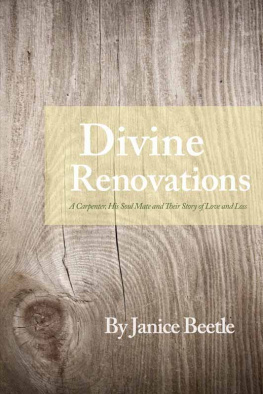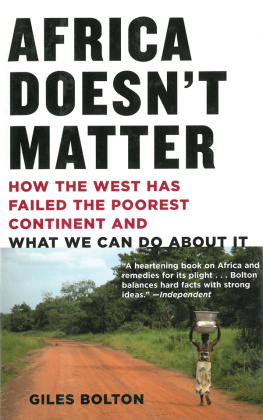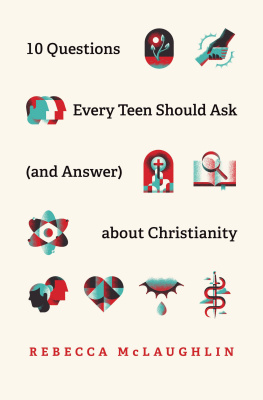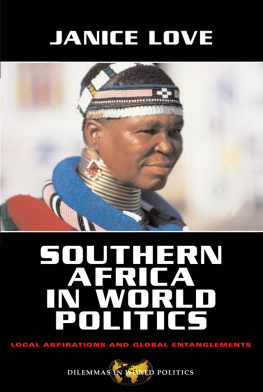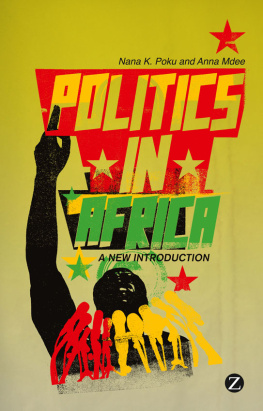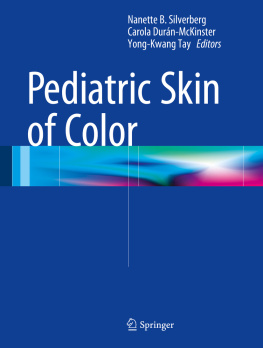The Color of the Skin doesnt Matter
The Color of the Skin doesnt Matter
A Missioners Tale of Faith and Politics
Janice Mclaughlin, MM
Published by
Weaver Press, Box A1922, Avondale, Harare. 2021
Sister Janice McLaughlin and the Maryknoll Sisters of St. Dominic, Inc. 2021
Typeset by Weaver Press
Cover Design: Farai Wallace, Harare.
The title was inspired by the late Commander Josiah Tongogara (1938-79)
The majority of the photographs are from Sister Janices personal archive, many were, we understand, taken by Sister Janice herself. Others are drawn from the Maryknoll Archive in New York. Grateful thanks are due to Stephanie Conning and Jennifer Halloran for their support. Dates and photographers are provided when these are known.
If any information can be provided for the origin of photographs that are not acknowledged, we would be grateful for the assistance.
Cover photograph, The Rhodesia Herald, 22 September 1977.
All rights reserved. No part of the publication may be reproduced, stored in a retrieval system or transmitted in any form by any means electronic, mechanical, photocopying, recording, or otherwise without the express written permission of the publisher.
ISBN: 978-1-77922-403-3 (p/b)
ISBN: 978-1-77922-404-0 (e-pub)
ISBN: 978-1-77922-405-7 (PDF)
Contents
Acronyms
AACC | All Africa Conference of Churches (Nairobi) |
ACOA | American Committee on Africa |
AFCAST | Africa Forum for Catholic Social Teaching |
CCJP | Catholic Commission for Justice and Peace |
CCR | Centre for Conflict Resolution (Cape Town) |
CIDSE | Cooperation Internationale pour le Development et la Solidarit |
CIIR | Catholic Institute for International Relations (London) |
ESAP | Economic Structural Adjustment Program |
FRELIMO | Front for the Liberation of Mozambique |
IHM | Immaculate Heart of Mary Sisters |
LCBL | Little Children of our Blessed Lady |
LCWR | Leadership Conference for Women Religious (USA) |
MOGC | Maryknoll Office for Global Concern |
NCCK | National Christian Council of Kenya |
OCCZIM | Organization of Collective Cooperatives in Zimbabwe |
RENAMO | Mozambique National Resistance (Movement) |
SND | Sisters of Notre Dame |
TAMOFA | Tanzania Mozambique Friendship Association |
UNHCR | United Nations High Commission for Refugees |
USCMA | United States Catholic Mission Association |
WOA | Washington Office on Africa |
ZANLA | Zimbabwe African National Liberation Army |
ZANU | Zimbabwe African National Union |
ZAPU | Zimbabwe African Peoples Union |
ZIMFEP | Zimbabwe Foundation for Education with Production |
ZIMOFA | Zimbabwe Mozambique Friendship Association |
ZIPRA | Zimbabwe Peoples Revolutionary Army |
Thanks are due to a number of people who helped these memoirs see the light of day. First, members of my Maryknoll community, too many to mention, who inspired me to take the road less travelled and encouraged me when dark moments clouded my enthusiasm. Fay Chung shared so much with me in the camps in Mozambique and through all the years since. All the members of the Justice and Peace Commission in Zimbabwe who stood by me when I was arrested and imprisoned. These include Dieter Scholz, who later became a bishop, Fidelis Mukonori, who later became a priest and Geoff Feltoe. Others are no longer with us; Brother Arthur Dupuis and Mr John Deary. Justice Nick McNally, who died this year (2021) was a pillar of support and wise advice. Kathy Bond Stewart shared with me her passion for non-formal education and has inspired and supported me in many ways. Arkmore Kori, with whom I worked at Silveira House, added some paragraphs about our research work together. I am grateful to Srs Stephanie Conning and Jennifer Halloran helped me to identify photographs in the Maryknoll archive. Joseph Woods and David Harold Barry have generously edited my text and Irene Staunton and Murray McCartney of Weaver Press have seen the memoir through its final stages. To them all and many others not here included I would like to express my sincere thanks.
Janice McLaughlin, MM
Maryknoll, New York
February 2021
As the final stages of editing this memoir were reached, news came of Janices death on March 7, 2021, at Maryknoll, New York. Despite her increasing weakness over the past six months, she had followed the progress of this editing and had this foreword read to her not long before she died. She was pleased with it. I write this paragraph on the day of her funeral. There have been many tributes, among them from the President of Zimbabwe, Emmerson Mnangagwa, who knew Janice in Mozambique during the war.
***
The word missionary is going out of fashion today. We have discovered that we are all missionaries to one another in some sense. Yet, the traditional use of the word still applies, for a little longer, to religiously motivated people who leave their own country to spend their lives in another where they render service in pastoral ministry, teaching in schools or universities or in nursing and medical work. Sr Janice McLaughlin, from the New York based Maryknoll Congregation of Sisters, was a missionary in Africa but not in any of these ways.
Missionaries, in the sense of servants of the mission of Jesus to the world, are motivated by faith in him and in Gods plan for humanity but from the 1960s this motivation often expressed itself in a struggle for justice. The Jesuits, for example, explicitly linked proclamation of the faith with the struggle for justice in their 1974 meeting in Rome. From the moment Janice arrived in Tanzania in 1969 this desire to contribute to the promotion of justice was the driving force of her life. Her entry point into this mission was through journalism, both teaching it and practicing it.
Reading her memoir, one is astonished at her courage in becoming engaged in issue after issue without seeming to hesitate. At one point she tells us she might agonize for days over what dress to wear at some function but for life-changing decisions, which were often risky and dangerous, she did not hesitate. By her own admission she was careless about her own safety. She left incriminating evidence lying around when she was in Rhodesia and later expressed horror when she reflected how her diary was read out in court and her negligence implicated others. But it was all an expression of her generous self-giving without counting the cost.



